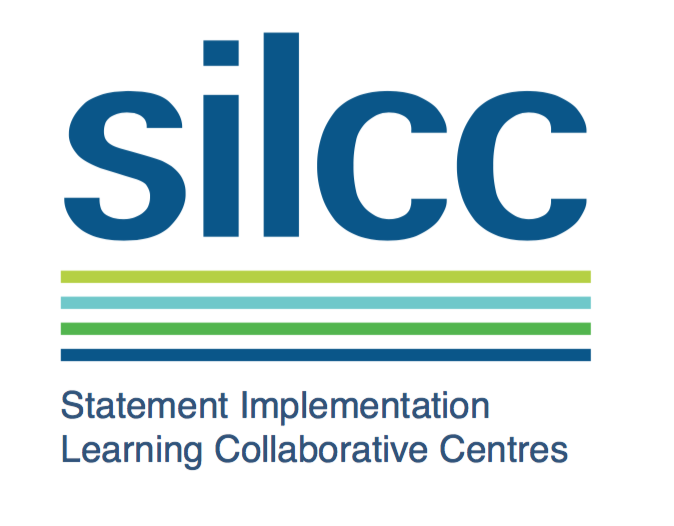“Hospital pharmacists should be involved in the development of policies regarding the use of medicines brought into the hospital by patients.“
What does it mean for patients? For patients’ safety, all medication, herbal and dietary supplements brought into the hospital should be registered in the patient ́s medical record, used, and stored according to the policies established in the hospital. Patients’ specific medication policies should assist in increasing patient ́s knowledge of their medication and increase adherence.
What does it mean for healthcare professionals? Doctors and nurses can rely on the support of hospital pharmacist to establish policies regarding the use and storage of medicines, herbal and dietary supplements brought to hospital by the patients in order to ensure patient safety if the use of such medication and other products is required . Doctors, nurses and hospital pharmacists should collaboratively complete the patient ́s record concerning all the medicines brought into the hospital by the patient, including the herbal and dietary products and should follow the policies established.
What does it mean for Hospital Pharmacists? Hospital pharmacists should support the development of policies regarding the use of medicines brought into the hospital by patients, including the evaluation of appropriateness of herbal and dietary supplements. Hospital pharmacists have a duty of care to assist patients in managing their medications. Policies including patient’s own medication should address adherence and medication issues across the primary secondary care interface.
- Medicines management Health Building Note 14-01: Pharmacy and radiopharmacy facilities
- ANTIDOTES NETWORK BETWEEN PHARMACY DEPARTMENTS IN SPAIN
- GPI: CAN TRANSPARENCY IN THE SUPPLY CHAIN IMPROVE DRUG SUPPLY TO HOSPITAL PHARMACIES?
- BIG ECONOMIC GAIN IN IMPLEMENTING NATIONAL TREATMENT GUIDELINES FOR WET AGE-RELATED MACULAR DEGENERATION, DIABETIC MACULAR OEDEMA AND RETINAL VEIN OCCLUSION
- EXCESSIVE REORDERS: A CONTEST REDUCES WORKLOAD
- EAHP Survey Report 2015
- EAHP Statements Survey 2015-S.2.7 "Were pharmacists involved in producing this policy?
- Is it possible to turn around the trend on increasing number
- EAHP Brochure























 The Tyne and Wear NHS Foundations Trust Hospital is SILCC Host providing training on this Statement. Please learn more about the SILCC programme
The Tyne and Wear NHS Foundations Trust Hospital is SILCC Host providing training on this Statement. Please learn more about the SILCC programme 
